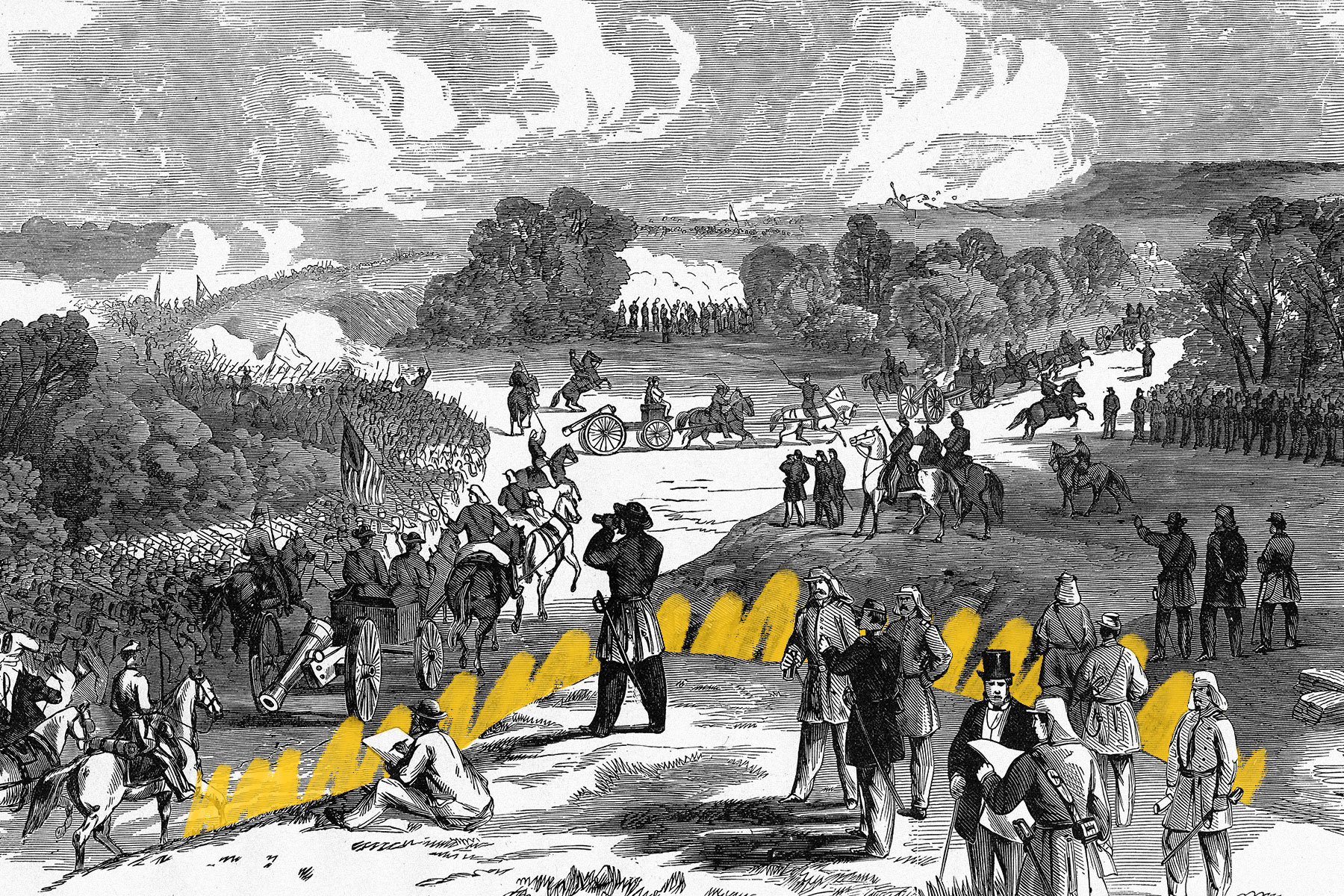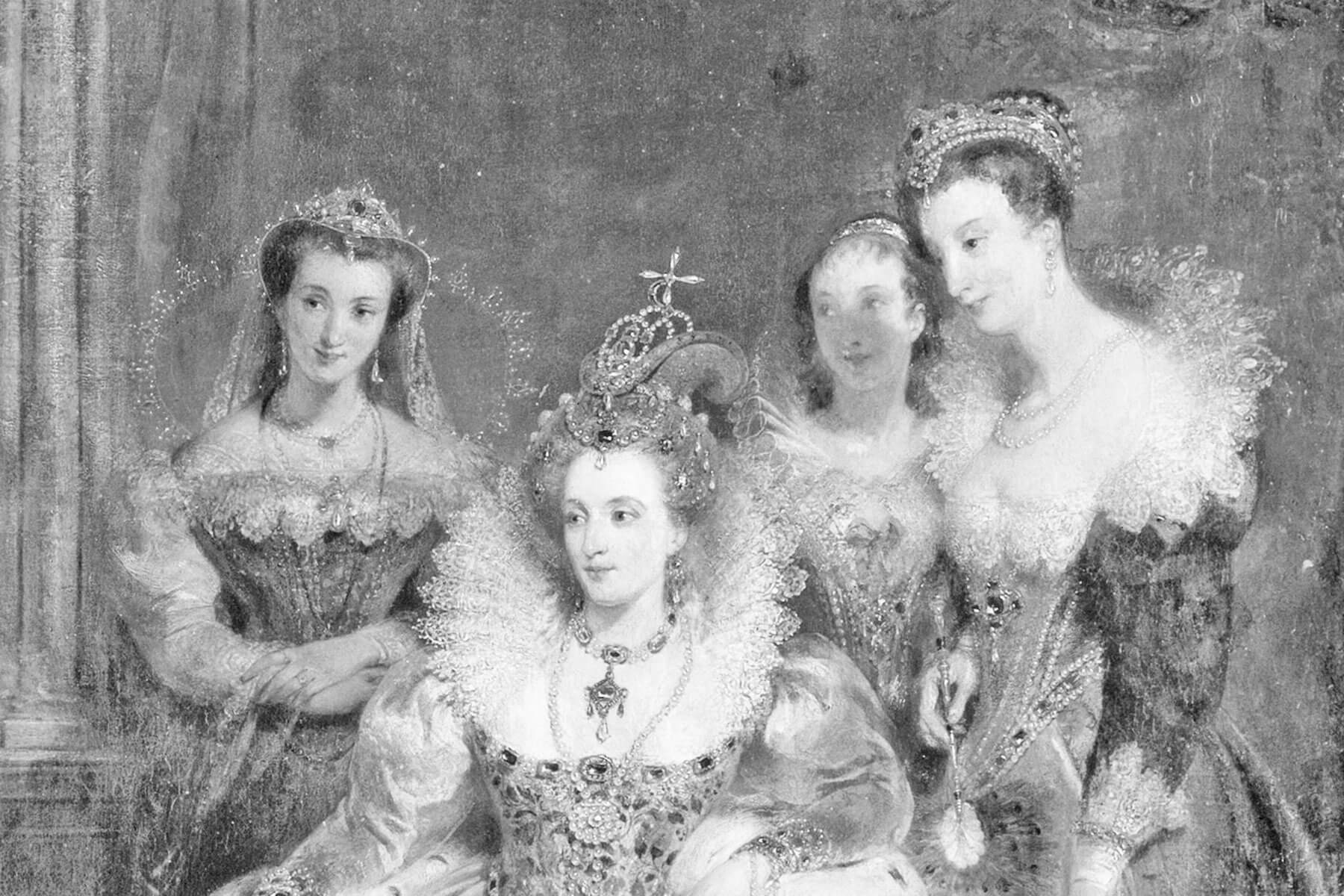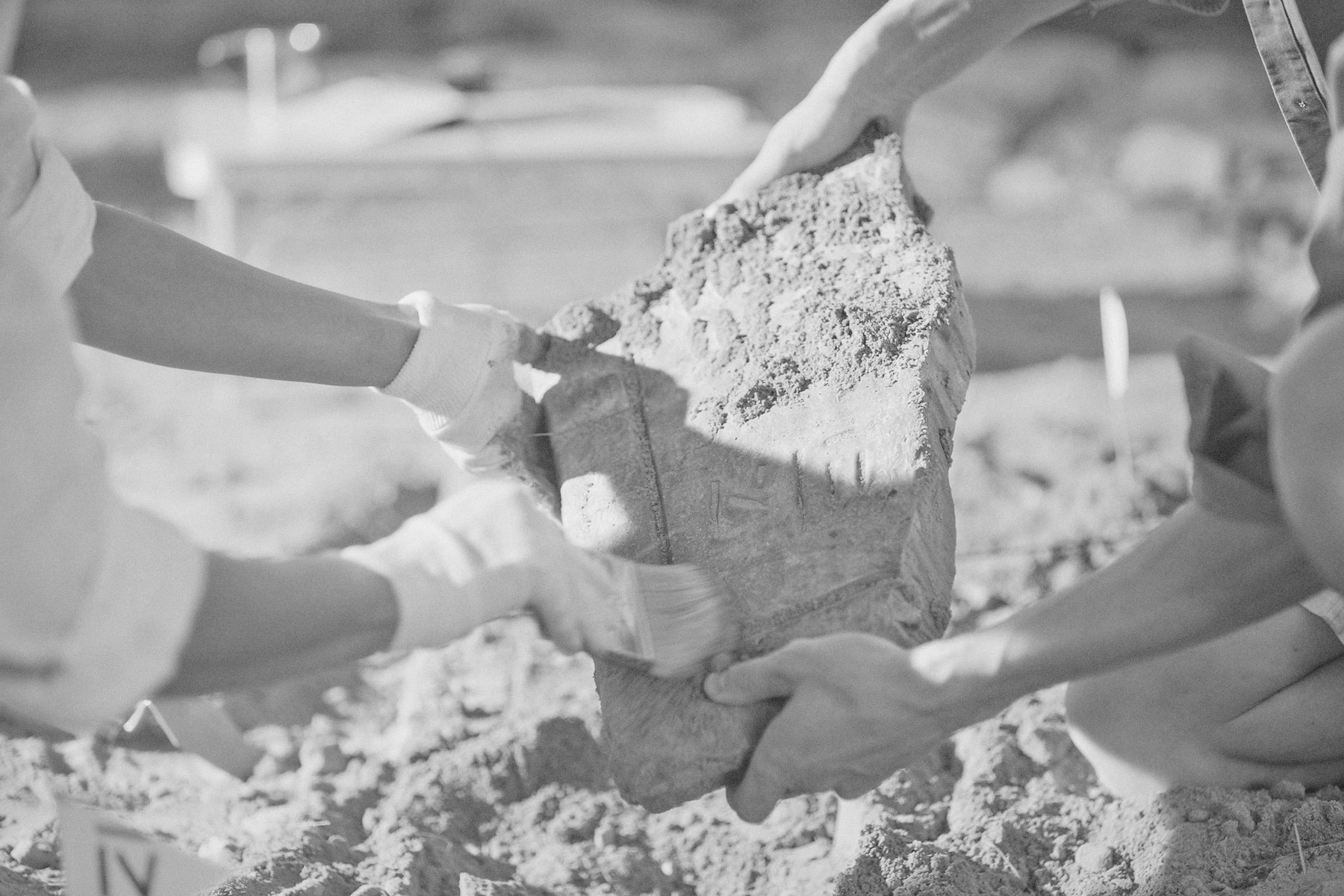Which war had a "picnic battle"?
Friday, October 18, 2024
The Battle of Bull Run was the first major land battle of the Civil War, and it drew a group of spectators to watch the action on July 21, 1861, near Manassas, Virginia. |
| |
| |
|
 |
|
| T he Battle of Bull Run was the first major land battle of the Civil War, and it drew a group of spectators to watch the action on July 21, 1861, near Manassas, Virginia. Onlookers gathered with something of a sporting atmosphere, as many Northerners expected the war to end in a swift Union victory. Describing the scene for The Times of London, Irish war reporter William Howard Russell wrote, "A lady with opera glasses shouted loudly at each discharge of cannon: 'That is splendid. Oh my! Is not that first rate?'" Union Captain John Tidball later wrote that people came "in carts loaded with pies and other edibles." In fact, so many people brought food and drink to the hill overlooking Bull Run Creek that the conflict became known as "the picnic battle." The crowd even included some prominent politicians: Senators Benjamin Wade from Ohio, Zachariah Chandler from Michigan, James Grimes from Iowa, and future Vice President Henry Wilson of Massachusetts, who brought and distributed sandwiches. |
|
|
| The battle ended with what was a surprising outcome for the spectators, as the Confederate forces managed to drive the Union Army back, sending soldiers retreating through the crowd. Senators Chandler and Wade attempted to stop the retreat — Chandler by blocking the road, and Wade by picking up a rifle and threatening deserters — but they were ultimately unsuccessful. Many Union soldiers had only signed up for a 90-day war (as that was all the President could mandate by law), and the Confederate victory at Bull Run was a chilling sign that the fight was likely to stretch on longer than anyone had anticipated. |
|
 |  |
|
|
 |
|
| |
|
| Length (in days) of the Civil War (until the Confederate surrender at Appomattox) | | | 1,458 |
| | | Soldiers who fought at the Battle of Bull Run on July 21 | | | 55,000 |
| | | Soldiers who fought at the Battle of Bull Run on July 21 | | | 55,000 |
|
|
|
| Number of states that seceded during the Civil War | | | 11 |
| | | Year Abraham Lincoln issued the Emancipation Proclamation | | | 1863 |
| | | Year Abraham Lincoln issued the Emancipation Proclamation | | | 1863 |
|
|
|
 |
|
 | | Did you know? |
|
|
Tailgating can be traced back to ancient Greece and Rome. |
|
| In the U.S., football season is synonymous with tailgating season, but tailgate-style parties reflect a cultural tradition that dates back long before either football or literal tailgates existed. Green Bay Packers fans claim to have originated the term itself in 1919, but the concept of tailgating can be traced back to the Greek symposium and Roman convivium, both of which were ritualized public gatherings where people ate, drank, and celebrated together. These parties were often centered around the harvest, which happens to coincide with modern-day football season. In a research study on the subject, University of Notre Dame anthropologist John Sherry called tailgating a "vestaval," relating it to Vesta, the Roman goddess of the hearth. "As in ancient times, people celebrate the massive abundance of the season while they can," he wrote. "It's one last blowout before we hunker down for winter." |
|

posted by June Lesley at 4:48 AM










![]()
![]()






0 Comments:
Post a Comment
<< Home